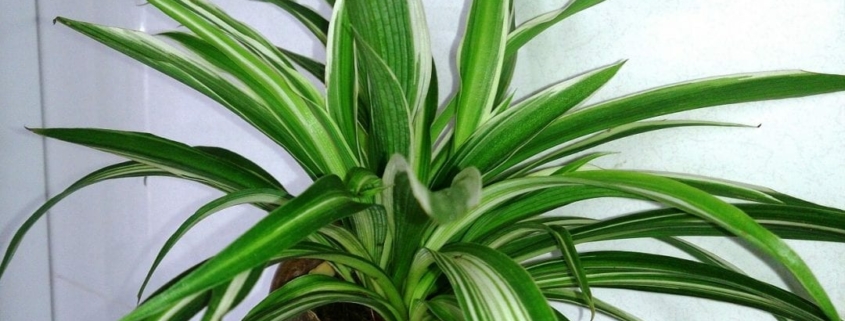5 Ways to Improve Indoor Air Quality
Indoor air quality affects the well-being of everyone in your household. Here are 5 ways to improve indoor air quality in your home.
Change Air Filters to Improve Indoor Air Quality
Replacing the HVAC air filter on time is important not only to help the health of your system but to keep your indoor air clean. Once a filter becomes dirty and clogged, it sends dust and particles out of the vents and into your HVAC system and back into your home. It also slows down the air and causes your system to work harder. While you should refer to the HVAC manufacturer’s manual to determine how often to change the filter, commonly the disposable filters you find in the ceilings or walls should be replaced every 30-90 days. Higher quality media filters can last up to 6 months. This simple task only takes a few minutes but makes a world of difference for your indoor air quality.
Manage Humidity
As we all know, here in the Houston area, humidity is an issue. High humidity poses a threat to indoor air by encouraging mold to grow. Mold cannot grow unless there is moisture and that can include excessively high humidity. The ideal humidity inside a home is 30-50%. Here in the Houston area we are pretty lucky to maintain the indoor humidity at around 50%. Use a hygrometer to monitor humidity levels and take action if they exceed 50%. The best ways to lower indoor humidity are through the use of a dehumidifier, ventilation fans, and the air conditioning system.
Many people don’t realize that the air conditioning system is called “air conditioning” and not “air cooling” because it actually “conditions” the air. It is designed to remove contaminants through the filtration as well as remove humidity through the cooling process. An efficiently operating HVAC system is crucial to managing humidity. Additionally, newer systems are designed much better than older ones in regards to airflow. In my own house, I have a few rooms that simply don’t have enough airflow so I have installed portable dehumidifiers to help.
Houseplants Can Harm or Improve Indoor Air Quality
Certain species of plants have been proven to be air filters through scientific studies. Keeping some houseplants in your home can be beneficial for air quality if they are properly taken care of. Houseplants are detrimental to air quality when they are overwatered, causing mold to grow in the soil. If you choose to add houseplants to improve indoor air quality, learn about their care requirements and let the soil dry out between waterings. Excessive watering of houseplants can increase the home’s humidity as well so be careful.
Eliminate Dust Through Cleaning
While dust on the surfaces inside your home may not seem to affect the air, it actually does. If you see a dust layer on your furniture, it’s also in the air that you breathe. Dust and vacuum regularly to eliminate dust that pollutes indoor air.
Go Above and Beyond With Air Purifiers
The above tips for improving indoor air quality are relatively easy and affordable. If you are still having issues after trying these methods or want to go above and beyond, invest in HEPA air purifiers. These devices are especially useful for homes with pets or allergy sufferers. Read reviews before choosing your air purifiers, because they are a sizeable investment. While they are not too expensive to purchase, the cost adds up with the replacement filters. That is where the manufacturer makes its profit.
Here at Solidium Inspections, we are also licensed in mold assessment as well as indoor air quality. We provide home inspections to Houston, TX, and the surrounding areas. Contact us to request our services.




Leave a Reply
Want to join the discussion?Feel free to contribute!